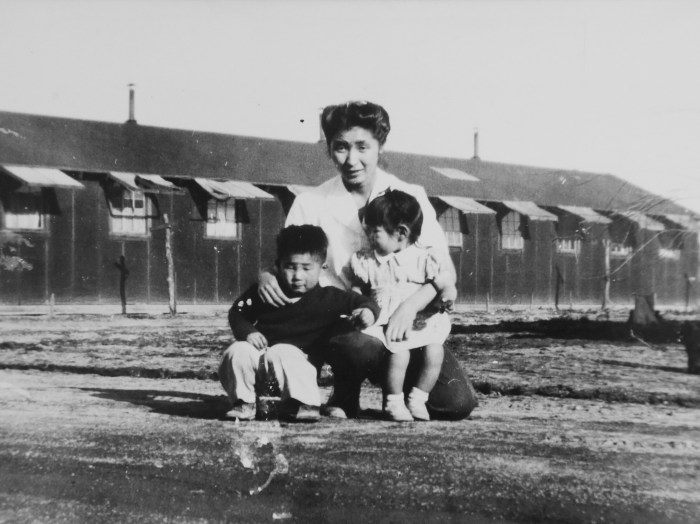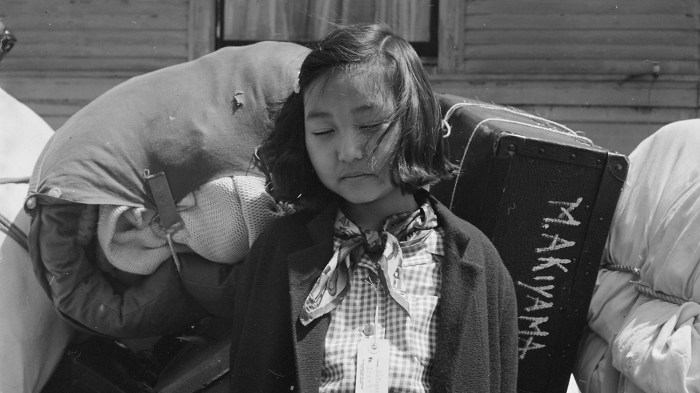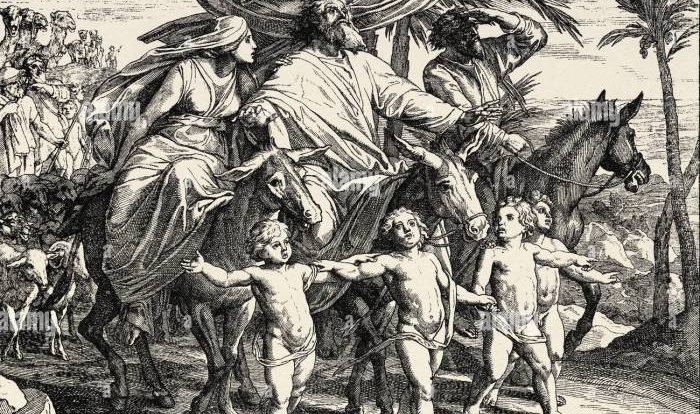Differences between the holocaust and japanese internment camps – The Holocaust and Japanese internment camps stand as grim reminders of humanity’s capacity for atrocities. This comparative analysis delves into the historical, legal, and ideological underpinnings of these two dark chapters, shedding light on their distinct and shared characteristics.
From the political machinations that fueled them to the horrors endured by their victims, this exploration unveils the complexities of these events, drawing parallels and highlighting contrasts to provide a comprehensive understanding of their profound impact on history and human rights.
Essential Questionnaire: Differences Between The Holocaust And Japanese Internment Camps
What were the primary motivations behind the Holocaust?
The Holocaust was driven by Nazi Germany’s ideology of racial superiority, which targeted Jews for extermination.
How did the legal frameworks for the Holocaust and Japanese internment camps differ?
The Holocaust was carried out under a system of discriminatory laws, while the Japanese internment camps were justified under Executive Order 9066, which authorized the detention of Japanese Americans.
What were the key differences in the living conditions of Holocaust and Japanese internment camp victims?
Holocaust victims were subjected to forced labor, starvation, and systematic extermination, while Japanese internment camp victims faced harsh conditions but were not systematically killed.



